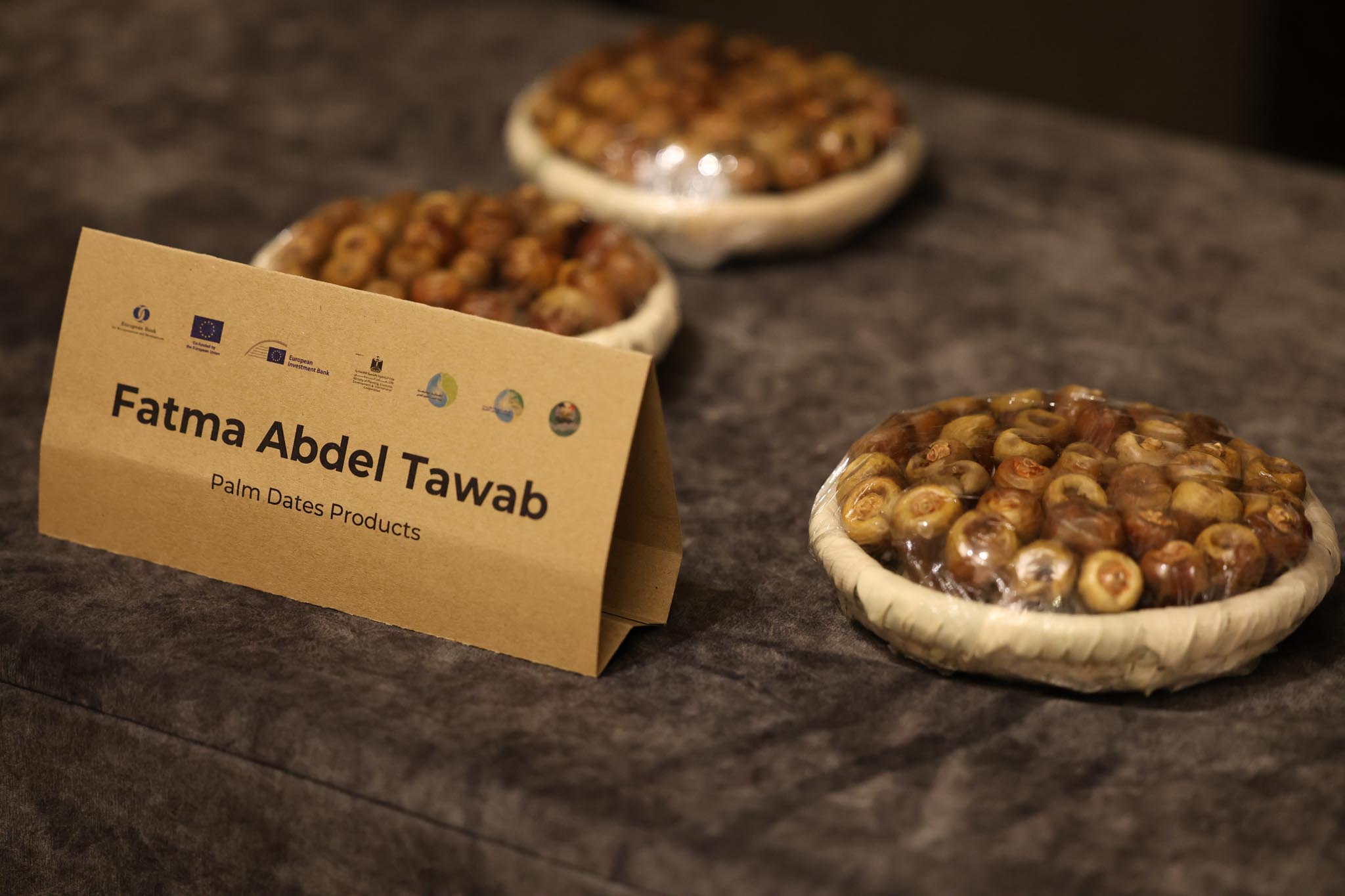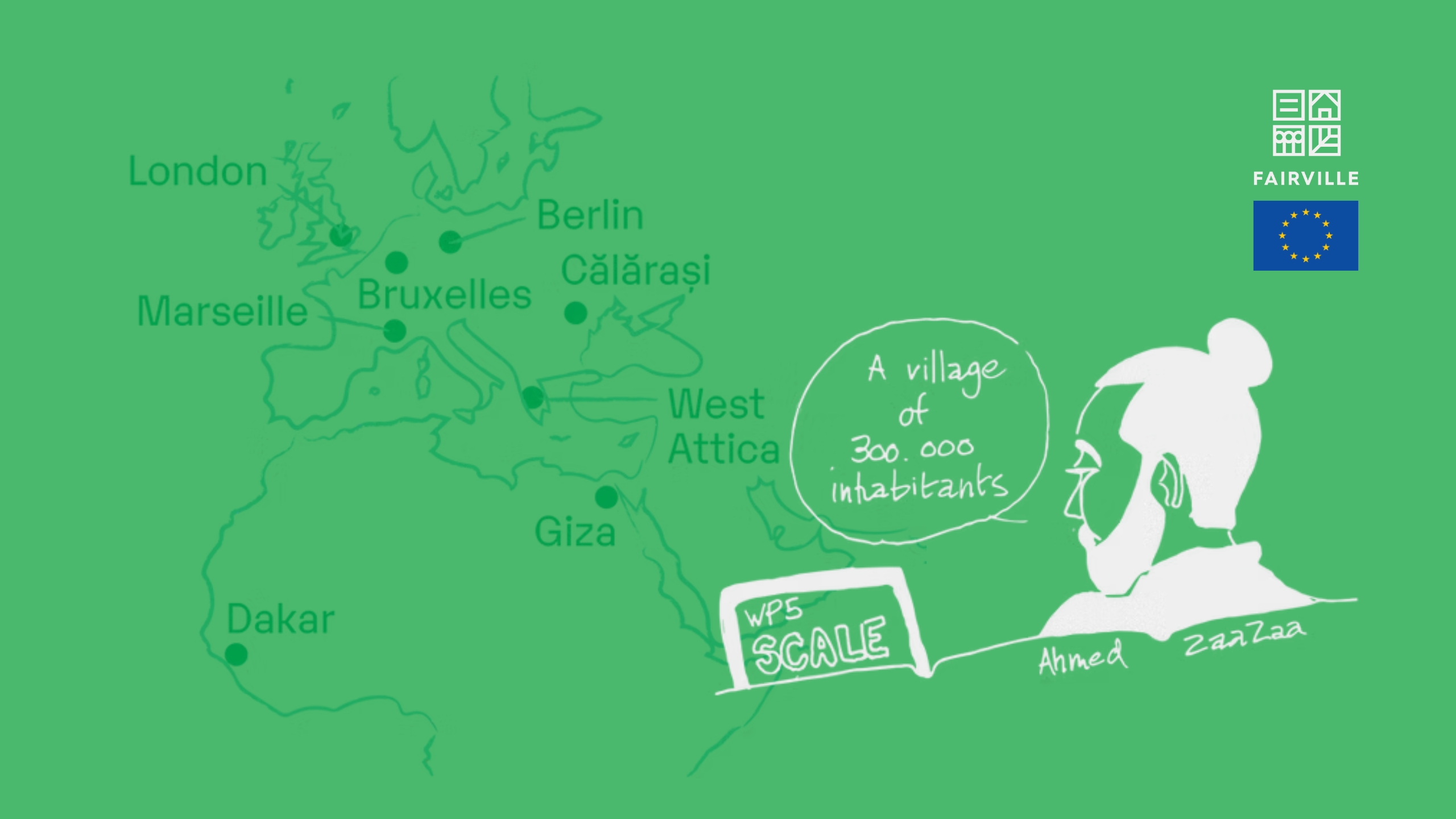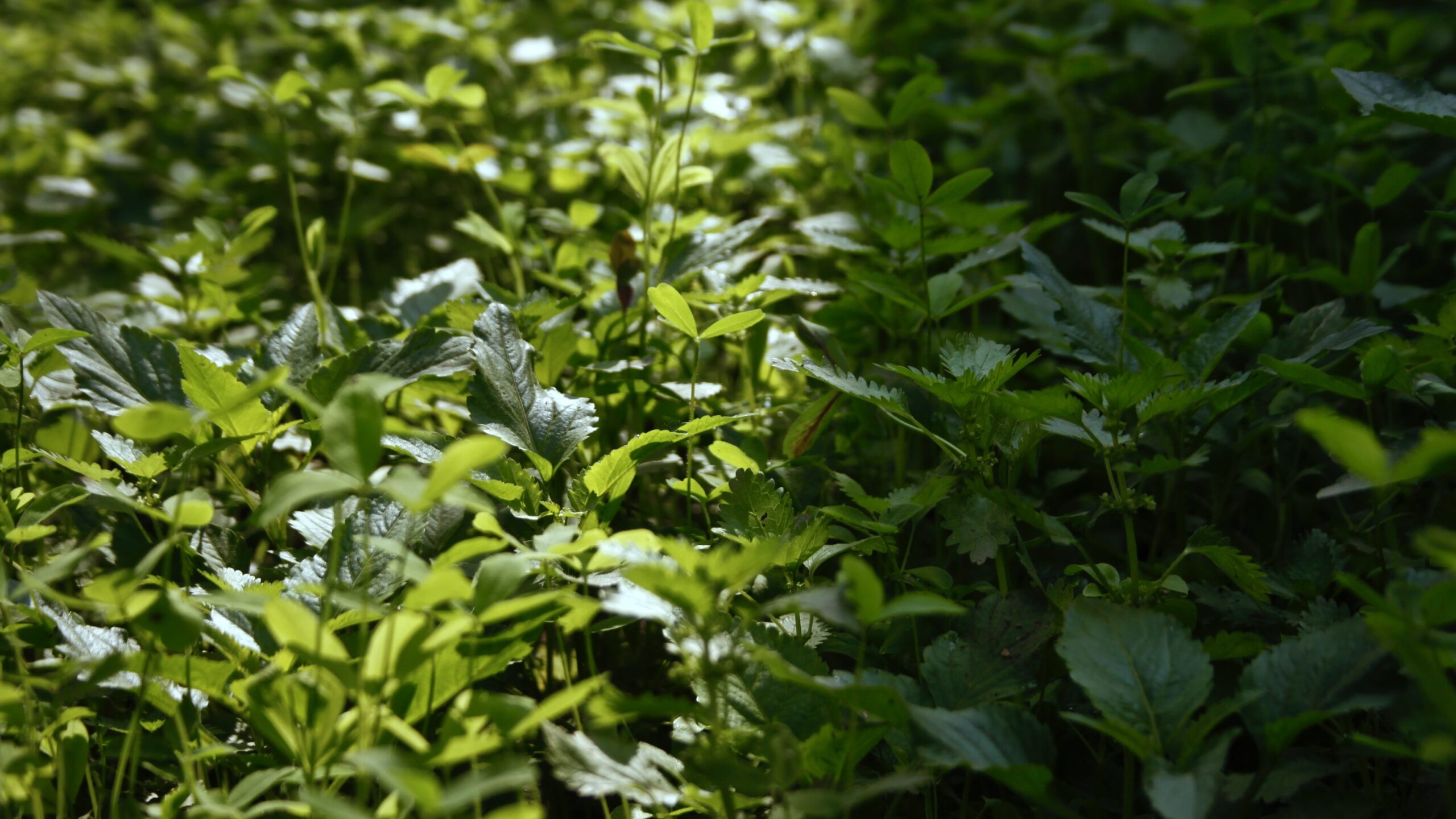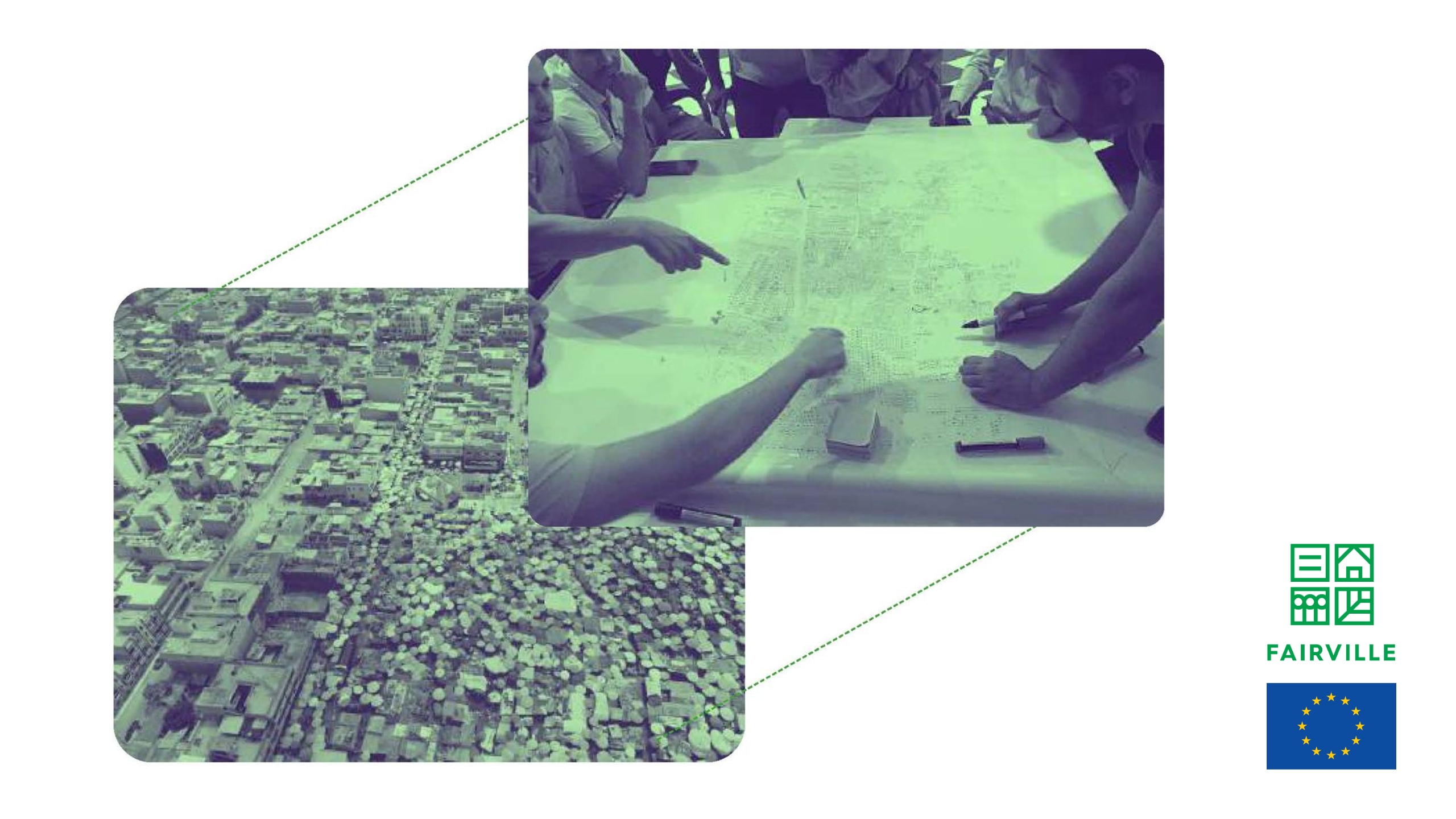The closing ceremony of the Women’s Economic Inclusion in Fayoum project—part of the Fayoum Wastewater Expansion Programme—was held at the Fairmont Nile City Hotel in Cairo. Implemented by the European Bank for Reconstruction and Development (EBRD), the event marked the joint efforts of the Government of Egypt, EBRD, the European Investment Bank (EIB), and the European Union (EU) to promote inclusive economic growth and women’s empowerment in rural communities.
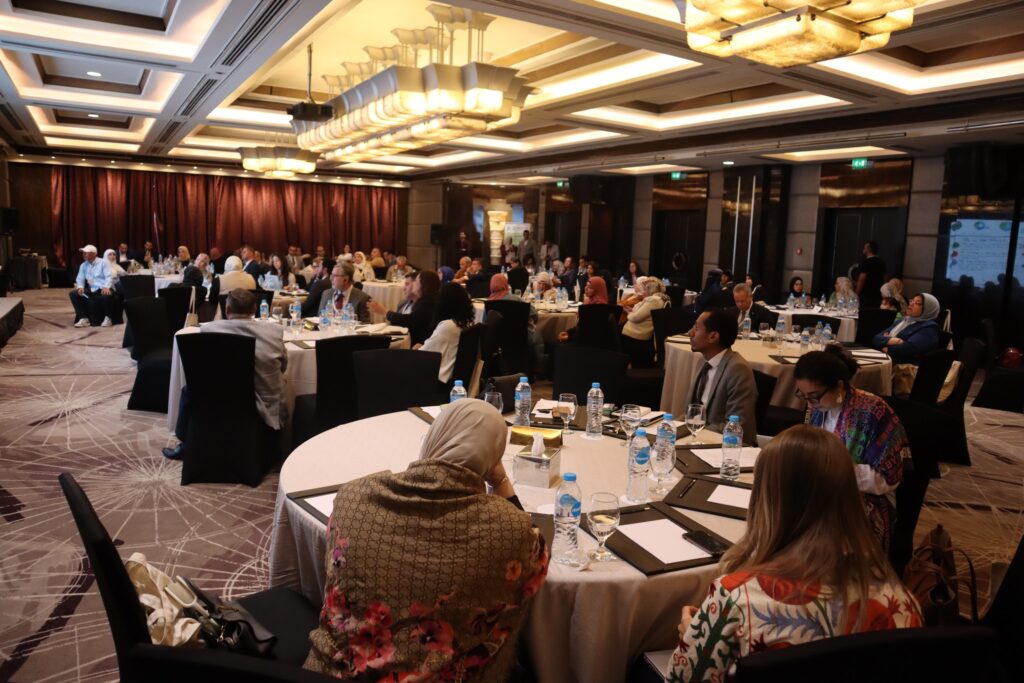
H.E. Dr. Rania A. Al-Mashat, Minister of Planning, Economic Development and International Cooperation and the Egypt’s Governor in the EBRD highlighted:
By equipping women in Fayoum with the tools to grow their businesses and expand their skills, we are not only investing in individuals, we are strengthening communities. Under the umbrella of the Fayoum Wastewater Expansion Programme, the Women’s Economic Inclusion in Fayoum project reflects how inclusive partnerships can unlock the full potential of women as drivers of economic transformation — key to fostering growth, jobs and resilience which lies at the heart of Egypt’s economic development narrative.
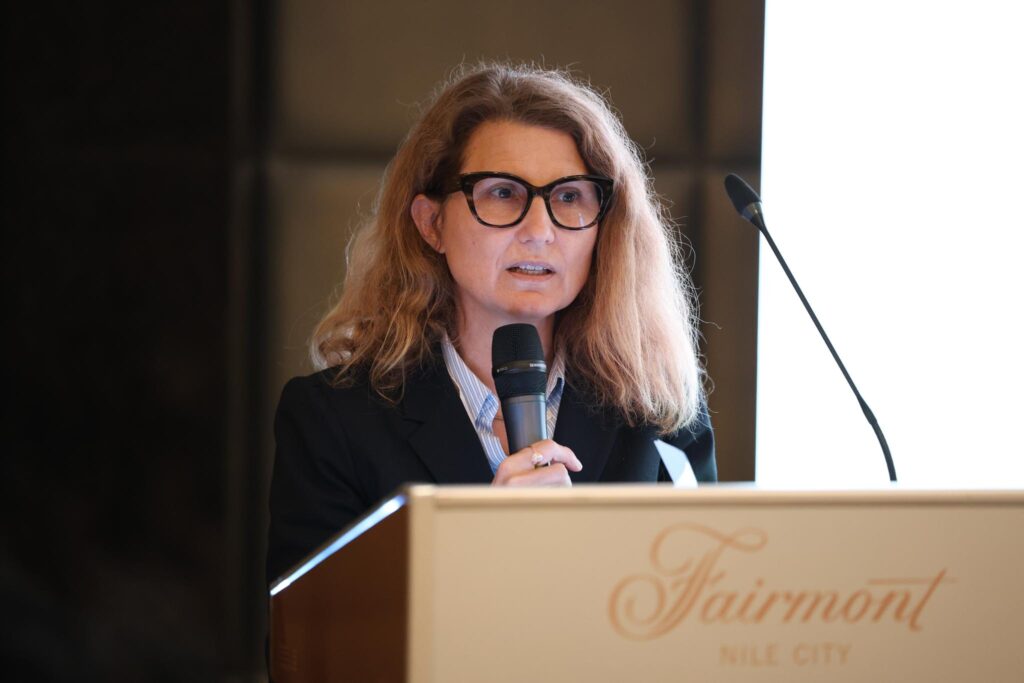
Mark Davis, Managing Director for the Southern and Eastern Mediterranean, EBRD said:
We are delighted to partner with the EU, EIB and the Government of Egypt to enhance access to training and employment for women working across different sectors of the local economy and as part of our ongoing expansion in Fayoum’s wastewater treatment network. This investment will improve access to sanitary services to over 900,000 people living in Fayoum across six towns and reduce pollution of Lake Qarun, one of countries largest lakes- a freshwater resource that is key for the governorates’ economic activity.

The event showcased the results of the project that empowered women across 10 villages in Fayoum Governorate, strengthening their economic participation in key value chains such as agriculture, fisheries, poultry, palm dates and handicrafts. Implemented by NSCE and MF Strategy in two phases, the project provided women with entrepreneurship training, technical upskilling, mentoring, and market linkage support, enabling over 70 women-led businesses to launch or expand their businesses.
Engineer Mamdouh Raslan, Chairman of the Holding Company for Water and Wastewater stated in the opening remark:
This project is one of the leading models that reflects our commitment at the Holding Company for Water and Wastewater to supporting the state’s efforts towards achieving sustainable development. Our deep belief in the role of women is not merely a policy direction, but a strategic principle through which we work to integrate women into the development framework—not only as beneficiaries of services, but as active partners in shaping society and building a better future for generations to come.
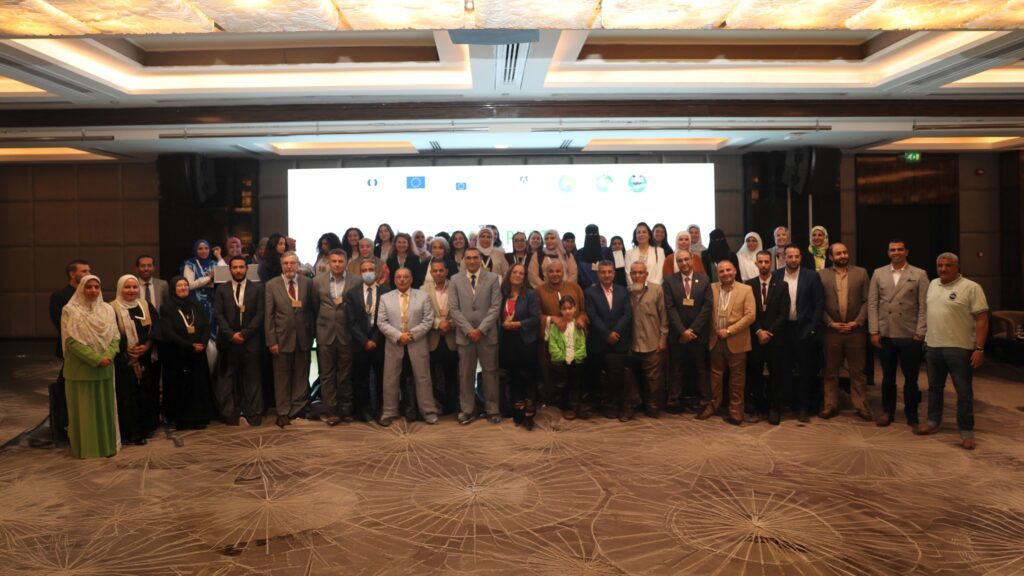
The second phase of the project focused on equipping more than 200 women with knowledge in business management, financial planning, marketing, and climate change. 450 women were trained in technical skills such as poultry farming, tailoring, palm waste recycling, and digital marketing. Key outcomes included a 77% increase in business profitability among participants, 69% reporting increased capital, and a 25% rise in average sales volumes.
The project is part of a broader programme by funded by the EBRD to integrate women into infrastructure development, ensuring that investments deliver inclusive and lasting benefits for women and their communities.

This project is also part of the EBRD’s Fayoum expansion project, where in 2017, the Bank provided a loan of up to €186 million to the Fayoum Water and Wastewater Company for the development and expansion of its wastewater services, co-financed by a loan of €172 million provided by the European Investment Bank, and the EU Neighbourhood Investment Facility (NIF) investment grant of €30 million and over € 7 million for technical assistance.
Engineer Muhammad Abdul Jalil Al-Najjar, Chairman of the Board of Directors of Fayoum Drinking Water and Sanitation Company stated:
This project is one of the pioneering initiatives implemented in the framework of the European Bank for Reconstruction and Development (EBRD) projects, aiming at supporting wastewater expansion projects in 57 villages in Fayoum Governorate. This contributes to improving the water quality of Lake Qarun and preserving the governorate’s vital environmental resources.
Project: Women’s Economic Inclusion in FayoumDuring the event, women entrepreneurs shared their personal journeys through a series of live pitches, illustrating how they started or expanded their businesses.
Mr. Kamel Ghattas, Secretary General, Fayoum Governorate emphasized that:
Fayoum’s women have shown that with the right support, they can lead real economic changes. Our role as local government is to ensure that such empowerment continues beyond the project life cycle.
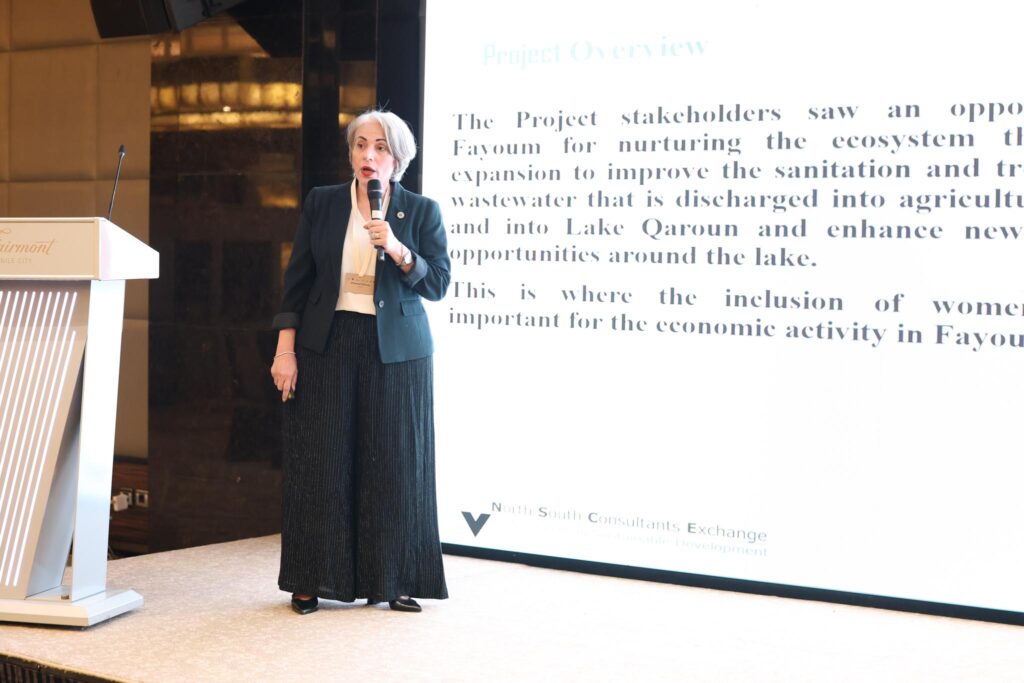
The event also included an exhibition of products made by women beneficiaries, as well as networking opportunities with representatives from the private sector, NGOs, and financial institutions to help ensure the sustainability of the project’s impact.


